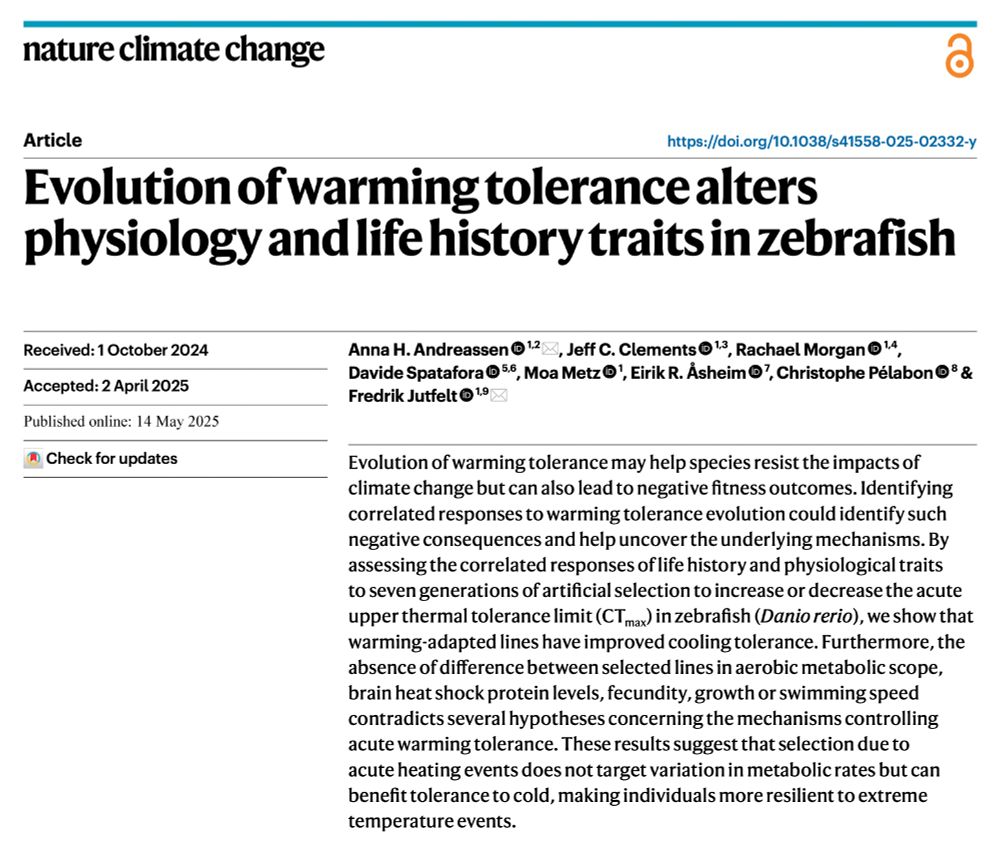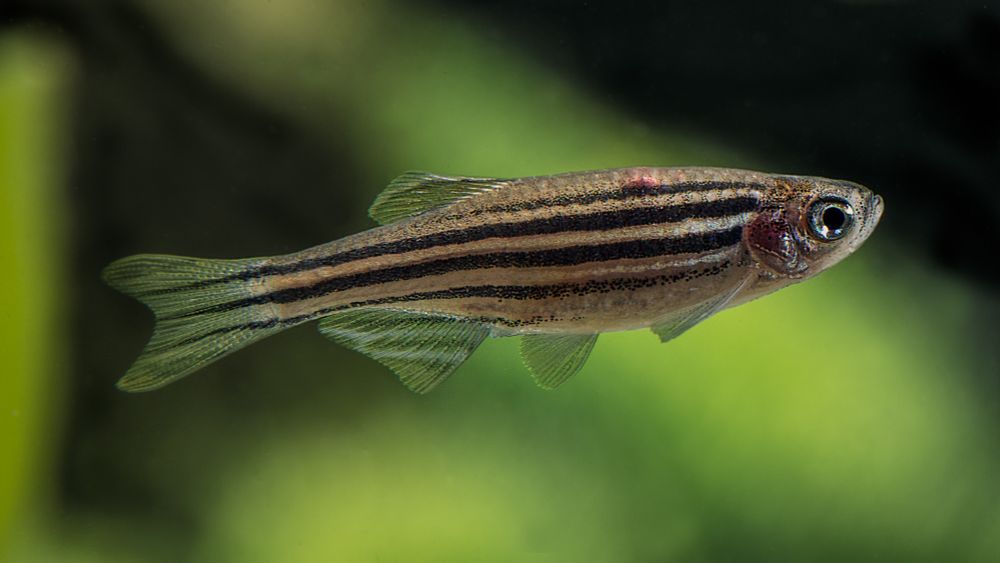
Full Professor and Chair @ USM BioDept 👨🏻💻• Bats 🦇 • Conservation • Ecology• Biodiversity synthesis • Chinese Academy of Sciences 🇨🇳• Zukunftskolleg fellow 🇩🇪

www.cell.com/iscience/ful...
Reposted by Ana Bastos, Krizler C. Tanalgo




Preprint: doi.org/10.5194/egus...
First Paper: bg.copernicus.org/articles/22/...
#climate #nature

Reposted by Krizler C. Tanalgo




Reposted by Krizler C. Tanalgo

Reposted by Krizler C. Tanalgo

www.nature.com/articles/d41...


Read our feature in Animal Ecology in Focus, based on our paper published in @animalecology.bsky.social
animalecologyinfocus.com/2025/05/22/d...
Reposted by Krizler C. Tanalgo, Pavel Kratina

Reposted by Krizler C. Tanalgo, Susanne Lachmuth, Jonas Geschke


👉 www.cell.com/one-earth/fu...




@natclimate.nature.com led by Anna Andreassen
@annahandreassen.bsky.social
www.nature.com/articles/s41...
🧪🐟🦑





authors.elsevier.com/a/1kplf1R%7E...


